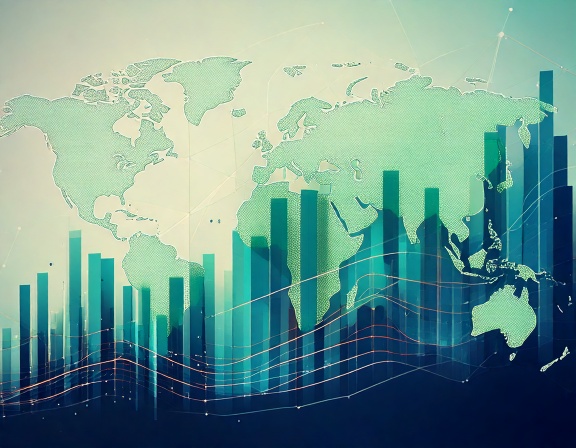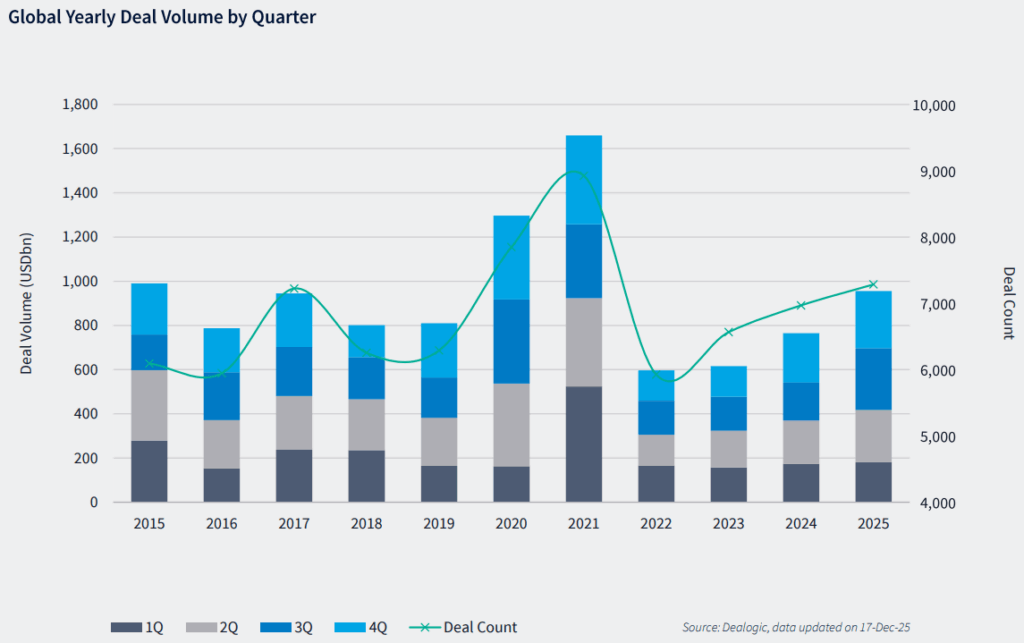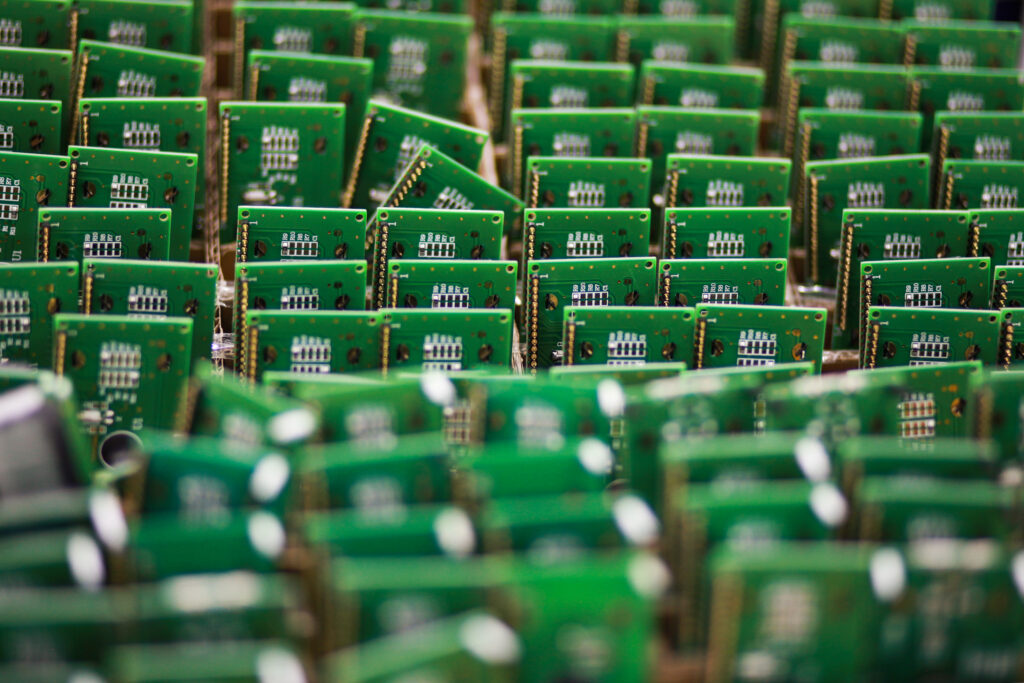Defending its crown: Saudi issuers line up deals ahead of big ECM year
After a strong IPO year across the GCC, the Kingdom of Saudi Arabia is poised to strengthen its claim as the region’s strongest IPO hub in 2023 fuelled by a pipeline of mega listings and private mandates to be won.
There was USD 9.37bn worth of IPO issuance on the local exchange Tadawul last year, just above the USD 8.5bn recorded in Dubai and USD 4.6bn on the ADX, according to Dealogic data.
Saudi Arabia is likely to widen the gap on its regional rivals this year, boosted by privatisations and public sector deals, sources speaking to this news service say.
The mood towards Saudi is overwhelmingly effusive, a stark contrast to the mood of international financiers as recently as 2018, when the death of Jamal Kashoggi led to condemnation of the country and its crown prince Mohammed Bin Salman. Several business and banking leaders pulled out of the country’s Future Investment Initiative (FII) conference, colloquially called Davos in the Desert.
While some investors may still hold reservations about Saudi, the mood has changed with sources telling this news service that perceptions towards Saudi have softened; the country is even deemed a safe haven by some emerging markets investors following Russia’s invasion of Ukraine, they say.
Saudi has been at the forefront of Middle Eastern privatisation activity ever since the USD 29.4bn listing of Saudi Aramco [TADAWUL:2222] in December 2019, followed by listings such as the USD 1.2bn IPO of ACWA Power [TADAWUL:2082] in 2021 and Tadawul Group [TADAWUL:1111] itself in a USD 1bn offer also in 2021.
The state is set to continue to sell down assets, often through its sovereign wealth fund PIF, which has been a force in setting the kingdom’s investment and capital strategy.
“PIF is a hugely sophisticated issuer and other regional sovereign wealth funds (SWFs), while not completely following PIF mindset, are trying to get to a similar place,” said an ECM banker. “While they are not completely resetting their portfolios, they are broadening and PIF, as well as Qatar, has been very active in selling stakes to fund acquisitions.
“We are seeing SWFs moving from some old assets into new technology and new areas that will benefit respective kingdoms and Saudi is the flag bearer there.”
PIF is set to continue sell-downs this year, said a source familiar with the fund’s strategy, adding that the SWF will use a combination of IPOs and secondary sell-downs of publicly listed assets to raise capital to fund portfolio diversification.
The fund has already been active in the accelerated market, with sell-downs of its stakes in STC [TADAWUL:710] in 2021 and more recently a USD 611m trade in Tadawal Group on November 11, 2022.
The fund will be looking to continue this strategy and will use ECM, through blocks or IPOs, to reduce some of its majority stakes to around 51%, according to the same source who added that PIF will be looking at other portfolio assets to sell this year.
PIF could not be immediately reached for comment.
Two large privatisations already loom on the horizon. The listing of Saudi Aramco’s trading unit, set to be one of the key Middle Eastern IPOs this year, on the heels of the oil giant’s carve-out of its refinery unit Luberef [TADAWUL:2223] late in 2022.
Further on the horizon is the next regional white whale, a potential behemoth IPO connected to Saudi’s ambitious NEOM project, a futuristic infrastructure project and one of the cornerstones of its Vision 2030 plan, set to be part funded by one of the largest Gulf deals since Saudi Aramco.
“The IPO pipeline remains strong with $320bn projects like Neom expected to be listed as early as 2024,” said Anish Alawadi, Global Head of Investment Banking at Acuity Knowledge Partners. The executive highlighted Saudi Aramco’s expected oil trading unit IPO, worth potentially up to USD 30bn, alongside a mooted follow-on offering of Saudi Aramco shares.
Private party
January is already proving busy for the kingdom’s capital markets. Last week, four private sector issuers — manufacturer Al Watanian for Industries Company, Jamjoom Pharma, Mawarid Manpower Company and Murabaha Marina Financing Company — gained regulatory approval from Saudi Arabia’s Capital Markets Authority (CMA) to list on the Tadawul.
The deals represent the fruits of Saudi Arabia’s efforts to be the “go-to exchange” in the region, according to one ECM banker.
The USD 326m listing of Alamar Foods [TADAWUL: 6014] in July and the USD 1.36bn IPO of Nahdi Medical Company [TADAWUL:4164] alongside the listing of food delivery app Jahez International [TADAWUL:9526] in December 2021 were already examples of the burgeoning cohort of private Saudi companies going public.
“It is a healthier, broader, market and we see a lot more flow coming through now and a few mandates floating around from Saudi private IPO issuers,” The banker added.
Saudi Arabia’s flourishing private IPO pipeline is a virtuous circle; as more companies list, Tadawul’s liquidity improves thereby encouraging other corporates to float.
This flow of listings has created a deeper, more efficient market, akin to global indices like the FTSE 100 and S&P 500, said the first ECM banker.
There has been 58 IPOs in Saudi since 2017, compared with eight listings in Dubai and 10 on the ADX, according to Dealogic data.
“I think still the potential looks good for Saudi Arabia as it goes in line with the view to increase the depth of the markets and diversify the economy and the capital markets,” said an investor. “Ideally the capital market should be representative of the economic structure, and I think that a vibrant primary market helps in increasing the representation of various sectors of the economy.”
Aside from a deeper local market, the appeal for investors in Saudi is driven by pure economics. Saudi IPOs have generated a weighted return of 46.4% over the last three years, substantially outperforming IPOs in the UAE as well as local equity benchmarks.
In a barren global ECM landscape, there are still plenty of riches to be found in Arabia.











